Why is education important to RELX Group?
Education for disadvantaged young people that advances one or more of our unique contributions as a business has been the core focus of our global community programme RE Cares since its inception about 15 years ago. We know education is a field where we can have the biggest impact because it transcends everything we do at RELX Group, which is a global provider of information and analytics for professional and business customers across industries. You can see a glimpse of RELX Group’s initiatives and content related to education on the RELX Group SDG Resource Centre.

RELX Group’s offices Tokyo, where employees worked with children through the process of publishing their own book
How are your community programs supporting wider efforts around education?
RE Cares is an employee-driven initiative that supports local initiatives of importance to employees, and has a core focus on education. All our centrally managed initiatives must have a clear education focus, for example, our grant funding, global fundraising partnerships, and employee competitions such as OsCares, which allows employs to contribute videos of their community activities (footage is used for our RE Cares Month kick-off film each September and the winning offices, voted on by employees globally, receive cash to donate to the charities of their choice).
We are supporting wider efforts around education including SDG 4 through partnerships and by setting corresponding, publicly stated objectives every year in our Corporate Responsibility Report. We also started assigning the relevant SDGs to various initiatives illustrated in our CR Report to explain how we align with the Global Goals. A few key community projects that we have supported recently are:
Building the REACT database
We are members of the Global Business Coalition for Education (GBC Ed), which brings the business community together to accelerate progress in delivering quality education for all of the world’s children and youth. This allows us to move the global education agenda forward in partnership with like-minded peers.
In addition to contributing to GBC Ed’s wider work, we built the Rapid Education Action (REACT) platform on a pro bono basis. REACT records private sector contributions and assets that can be deployed for education should an emergency take place somewhere in the world and is owned and managed by GBC Ed.
Our global fundraising partnership with SOS Children’s Villages
In 2016, employees chose SOS Children’s Villages Netherlands as our 2016-2018 fundraising partner in order to support their educational work for girls in Ivory Coast’s capital, Yamoussoukro. In the busy city of Yamoussoukro, girls often serve as baggage carriers, working 13-hour days for approximately $1. Under-age employment attracts children from the most vulnerable families, putting them at risk of prostitution, child-trafficking and street violence, as well as associated challenges like depression, HIV and early pregnancy. The project focuses on helping girls enter (or return to) the educational system, empowering families and raising awareness in local communities.
Global objective on fostering employment skills
We have publicly committed to building young people’s employability skills at a global level this year since the issue is critical for both our beneficiaries as well as our business . Our network of over 200 community champions (employees who volunteer to make RE Cares a source of strength for our employees around the world) are prioritising this focus in their volunteering and fundraising activities.
Have you come across any measurement challenges?
Impact measurement is something we are still working on. While we have an established framework and a reporting methodology, we are supporting very diverse projects (albeit with a core focus on education), finding meaningful quantitative and therefore comparable impact measurement criteria remains a work in progress. That being said, our qualitative data is very powerful – our charity partners all tell us wonderful stories about how they have been able to use our contributions to advance education and improve disadvantaged young people’s lives.
In 2017, we reached over 24,000 young people, including educational support for Syrian refugee children in Greece, enabling them to attend local schools; education funds for books, school materials, registration fees, uniforms, school shoes and transportation for orphaned and abandoned children in Baja, Mexico; providing access to education for at-risk street children in Cambodia; enabling young girls in India to complete their education, helping to prevent child marriage; and helping finance essential classroom materials in low-income schools in Ohio.
What types of impact are your programs achieving?
Although the impacts of each project can vary, they all improve young people’s access to education – for example, in the UK we support Envision through time and contributions which develops young people’s employability by empowering them to tackle real-life social problems.
Would you give any advice to companies looking to support educational initiatives?
Education is a field where academic achievement is a primary aim but gaining life skills can be just as important. What is key about any education programme is learning outcomes, and it is therefore worth putting time into choosing the right partners who do impactful work. Also, education is influenced by local context and individual circumstances, so understanding how an education initiative fits with other variables is important.
Also finding the right partners who can deliver high quality and greater impact data is key. Create guidelines for your reporting – not all charities are familiar with the LBG language, and organisations from non-English speaking locations might need extra support. Be available to answer queries.
Bear in mind that while employees gain a lot from volunteering for education initiatives (for example, reading programmes, mentoring, etc.), they can be quite resource-intensive for the charity. There may be other ways to support such charities, based on employees’ skills such as proof-reading reports, providing meeting space, acting as a trustee, etc. which might be more manageable and flexible on both sides. Encourage your charity partners to think outside the (corporate volunteering) box to provide needs-based volunteering opportunities of real benefit to the volunteer and the beneficiary.
